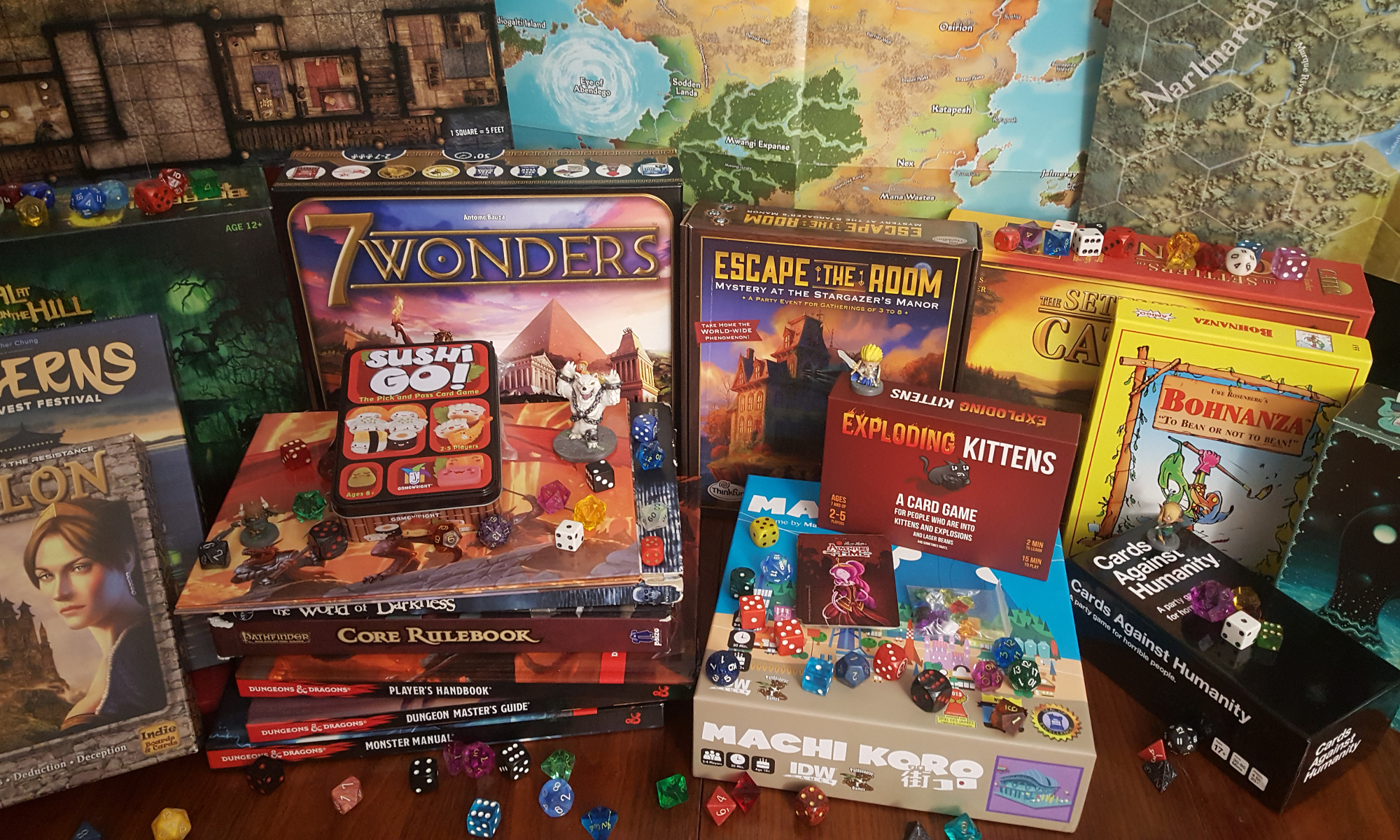Power gaming has been a part of roleplaying games since the very first time rules were put to paper. It’s a natural part of the drive and motivation to “win” and an inevitable result of humanity’s will to compete.
While we obviously can’t go into all the examples of powergaming in any given system – much less across all of gaming! – let’s take a moment to look at one example from my own experience that didn’t make it into today’s podcast.
One of my d20 players suggested using Shrink Item to shrink a boulder down to the size of a pebble. Then, the stone could be thrown and the command word spoken, causing it to crush the target with overwhelming force. The tempting physics answer to this is to state that the full size boulder only maintains the momentum energy of the pebble, causing it to immediately stop in flight as it lacks the energy to continue forward. He wanted to research/create a spell that would allow for enlarging items as well. This would allow for the counterpoint to take advantage of the ruling: take a tiny pebble and transform it into a fist-sized rock. Throw it, say the command word. The pebble is now a bullet firing as an insane speed, destroying anything in its path.
The obvious solution is to say that it’s magic, and magic works a certain way that doesn’t create such dilemmas, but a better answer is simply to say that the object flies with the same force as before, but to point out that in the first scenario, you’ve only increased the rock’s size category by 4 steps. So it deals damage from 1d4 to 3d6 – not bad, but definitely a sub-par use for a third level spell.
That’s a big part of the trick to dealing with power gaming – a lot of power game tricks request a strict interpretation of some of the rules, but a loose interpretation of others. Simply applying the same degree of importance to all the rules involved can clear up issues more or less automatically.
In narrative systems, powergaming is usually a bit of hammer-nail thinking. I’ve run World of Darkness games where players have tried to convince me of the totally legitimate combat use of Manipulation + Socialize rolls, or asked to roll Strength + Computers to punch a delicate piece of modern technology into submission. The big thing here is keeping your cool and encouraging player creativity without letting them run amok.
Powergaming will always be part of the gaming landscape. To some degree, it is a positive aspect, encouraging players to learn the rules and attempt creative solutions to problems. The issues lie in that it can cause a breakdown of the game, reducing the fun for everyone. Use your head, apply common sense, and remember that we’re all in this to have fun.

